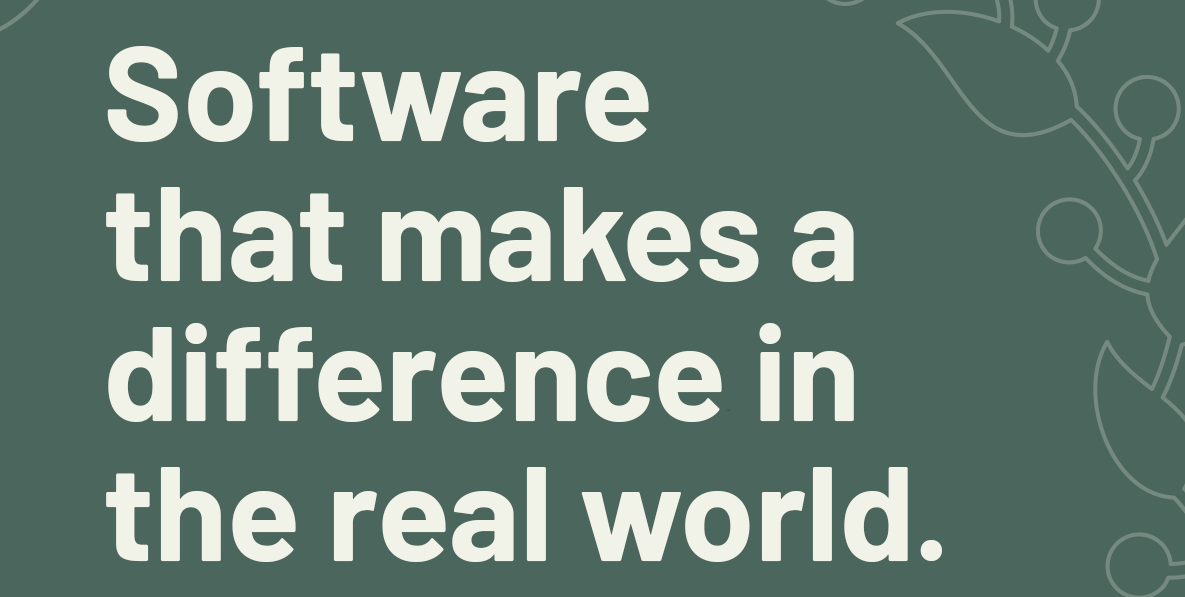
How does scuba diving help with frustration in research? Will robots soon be able to reliably assist with nursing patients? For his work on AI-assisted telerobotics and their application in spaceflight, nursing assistance and pandemic response, Werner-von-Siemens-Ring Foundation named Daniel Leidner as one of their Jungwissenschaftler:innen (young scientists) 2022. In this article, he answers our ten questions for scientists whose research contributes to shaping the world we live in.
1. Please describe your research career in three words.
Down to Earth.
2. What sparked your passion for your research topic?
I wanted to develop software that makes a difference in the real world, so robotics was an obvious choice.
3. What is the crucial new contribution of your research?
The method I developed for describing robot actions, the so-called action templates, make it possible to program robots more sustainably and to operate them more intuitively. The concept scales across robots and objects and thus significantly reduces the programming effort. In addition, the concept allows the systems equipped with it to be controlled by simple commands that can be transmitted via a tablet interface. Currently, we are extending this concept to handle execution errors so that robots can become even more autonomous in the future.
4. What challenges does this overcome?
Until now, programming robots has been cumbersome because existing concepts such as state machines and behaviour trees lose clarity as the complexity of the problem increases. Action templates provide independent building blocks that a robot can combine autonomously to solve a higher-level task. The larger the action catalogue, the more tasks the robot can solve as a result.
5. What development will be inevitable in your area in the next five years?
In the next few years, robots will find their way more and more into our daily lives. Although these robots will not yet have the capabilities of universal household robots as we know them from Hollywood, more and more robots will roll down the corridors we are familiar with, especially in the service sector, for example to bring medicines and food to patients in hospitals.
6. What do you associate with the Werner-von-Siemens-Ring?
Research not for the sake of research, but for the benefit of society by putting new methods and findings directly into practice.
7. Researchers most urgently need…
… a focused view on the problem to be solved. Otherwise, there is a danger of developing methods and technologies that no one actually needs, or that are often only of purely academic interest.
8. What advice would you give to aspiring researchers?
Don’t give in if you have to accept a setback. That is quite natural in research and usually leads to a better result in retrospect.
9. Your tip to fight frustration:
Even if it’s hard, try to switch off your mind so that you can come up with new ideas later. I manage to do that when I’m scuba diving, for example, because I’m fully concentrated on the underwater world.
10. 10-year outlook: What could your research have enabled?
My research could make it easier to program robots in the future. In particular, it is hoped that the handling of error situations will scale better and at the same time simplify system operation.
Continue reading on Daniel Leidner and his research
- Resilient Robots for a resilient society (English)
- Info on Daniel Leidner’s recognition as Jungwissenschaftler („Young scientist“) 2022 by Stiftung Werner-von-Siemens-Ring (Werner-von-Siemens-Ring Foundation) (German)
About Daniel Leidner
Daniel Leidner is leader of the group for Fault-Tolerant Autonomy Architectures at the German Aerospace Center (DLR), Institute of Robotics and Mechatronics, which also hosts his Young Investigator Group on Failure and Uncertainty Tolerant Universal Robot Operation (FUTURO). Since 2016, he is coordinator of the Rollin’ Justin team. He received a doctoral degree from the University of Bremen in 2017 which was awarded with the Helmholtz Doctoral Prize in the Research Field Space and the Georges Giralt PhD Award for the best European PhD thesis in robotics. He was named MIT Technology Review Innovator Under 35 in 2019, Business Punk Top 10 in Tech & Engineering, and Falling Walls Emerging Talent, both in 2020. His research interests include semantic state inference, fail-safe cognitive architectures, and error handling in robotic manipulation. With this he is pursuing the vision that future robots should no longer be mere tools but in fact intelligent colleagues for space and society.


